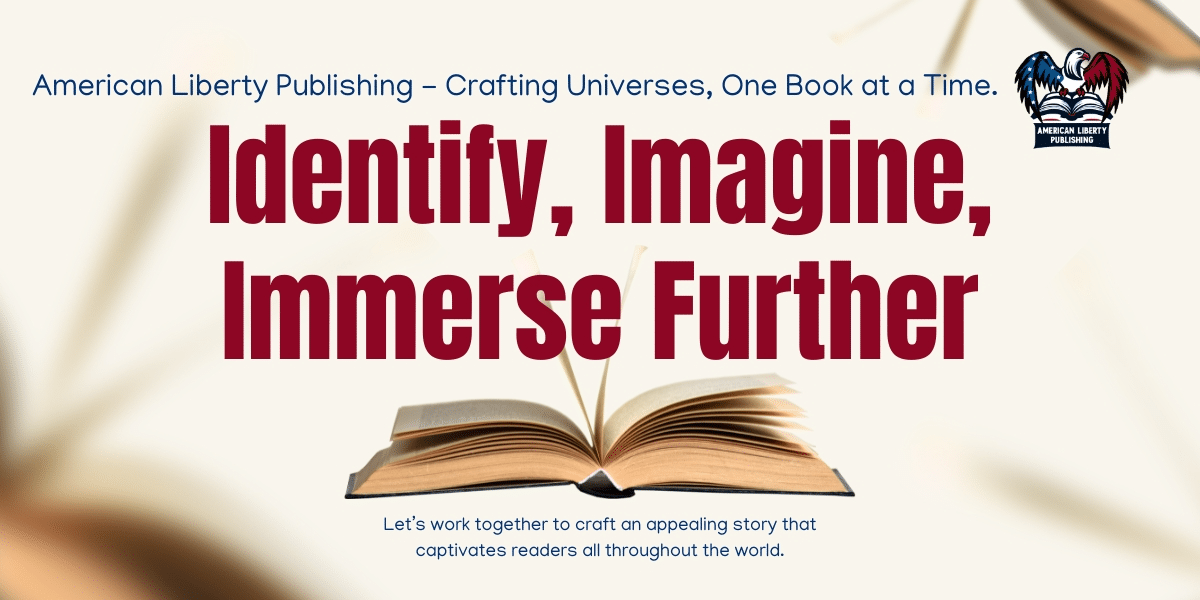In the intricate world of personal finance, traditional qualified plans such as IRAs, 401(k)s, and 403(b)s are often perceived as the bedrock of retirement savings. Yet, beneath the surface of these accounts lies a complex partnership that many investors fail to recognize—a partnership not just between the account holder and their future selves but also involving a silent partner: the taxing authorities. This realization is pivotal in understanding why Roth IRA conversions could be a game-changer for many seeking financial independence.
The conventional narrative posits that the individual is the sole proprietor of their retirement accounts. Account statements display impressive figures all under one’s name, suggesting complete ownership. However, this is a partial truth. In reality, these accounts are similar more akin to a business partnership where taxing authorities wait silently in the wings, ready to claim their share upon disbursements. The person contributes all capital and shoulders all risks while receiving no tangible value from their governmental “partners.”
This scenario underscores an essential truth about traditional qualified plans—they are not solely yours. Upon this realization springs forth an opportunity: Roth IRA conversions. This powerful strategy allows individuals to sever ties with their silent partners by converting traditional IRAs into Self – Directed Roth IRAs—effectively transitioning from a shared ownership model to absolute control over one’s assets.
Roth conversions involve a strategic division of assets between the individual and taxing authorities—a prospect that can seem daunting at first glance due to its tax implications. Nevertheless, through innovative strategies that leverage proprietary processes, individuals can navigate this transition smoothly without sacrificing asset value. For instance, converting a $500,000 traditional IRA into a Roth IRA without losing value requires meticulous planning but promises immense rewards: complete ownership and tax-free growth.
Among these rewards is immunization against future tax rate hikes—an increasingly pertinent advantage given current economic unpredictability. By opting for Roth conversions, individuals lock in current tax rates on their retirement funds, shielding themselves from potential increases and ensuring that they retain more of their hard-earned money.
Moreover, Roth conversions pave the way for several additional benefits: freedom from mandatory distributions typically starting in one’s earlymid-70s with traditional IRAs; protection of social security benefits from taxation; reduction in means-tested Medicare premiums; and alleviation of heirs’ tax burdens upon inheritance.
Despite these advantages, resistance persists—both within individuals wary of immediate tax liabilities and amongst financial advisors whose interests may align more closely with maintaining status quo arrangements. This resistance often stems from misconceptions about entering higher tax brackets post-conversion or fears stoked by advisors protective of their commissions.
Addressing these concerns necessitates independent advice tailored to demystify Roth conversions and highlight their long-term benefits over short-term discomforts. Strategies exist that allow taxes due on conversions to be paid from external sources rather than cannibalizing retirement funds—an approach that mitigates concerns about shifting into higher tax brackets.
Beyond merely understanding Roth conversions lies another potent tool for financial empowerment: self-directed Roth IRAs. These instruments diverge from standard offerings provided by brokerage firms or custodians by offering unparalleled flexibility in investment choices—including real estate, private equity, precious metals among others—thus granting investors greater autonomy over their portfolios.
The mainstream financial services landscape may not champion self-directed Roth IRAs due to their potential to diminish reliance on advisors; however, they represent an invaluable opportunity for those willing to take charge of their investment decisions actively.
At CQ Consulting Services (www.cqconsultingservices.com), we believe in empowering our clients with knowledge—to unravel complex financial concepts like Roth IRA conversions and self-directed investments because “The less you know, the more they make.” Our mission is not just about providing guidance—it’s about fostering independence so you can make informed decisions aligned with your long-term goals (calendly.com/cqconsulting/roth-conversion-consultation?month=2024-02).
In essence, embracing strategies like Roth IRA conversions transcends mere financial planning—it’s about reclaiming control over one’s fiscal destiny free from unseen hands that have long laid claim to portions of your hard-earned wealth. As we journey towards financial enlightenment together through education and empowerment at CQ Cash Flow Hacks (cqcashflowhacks.com), remember—the key to unlocking your full potential lies not within adhering strictly to conventional wisdom but daring to explore avenues less traveled by mainstream finance.
About Chris Quintana:
Chris Quintana is a renowned CEO and financial expert, specializing in teaching clients how to achieve financial freedom in a shorter period of time. She is the author of the international best-selling book, “The Less You Know, The More They Make,” and the host of the “Cash Flow Hacks” podcast. Through CQ Consulting Services, she provides innovative and intentional strategies to help clients make more money, keep more money, and live a more fulfilling life.
Published by: Martin De Juan









